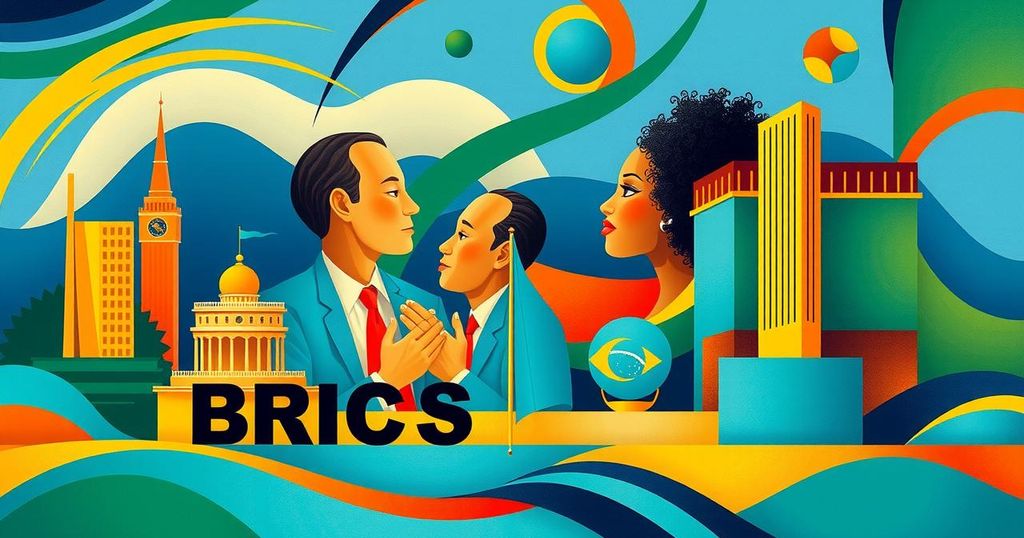- PM Modi emphasized the need for reform in global governance.
- The BRICS Leaders’ Declaration addresses terrorism concerns.
- Two-thirds of the world’s population lacks representation in institutions.
- Modi discussed collaborations with Cuba in pharmaceuticals and AI.
- Calls for greater roles for developing nations in decision-making.
Modi’s highlights at the BRICS summit in Brazil
Prime Minister Narendra Modi kicked off the BRICS Summit in Rio de Janeiro, Brazil, on July 6, 2025. During his address at the plenary session titled ‘Strengthening Multilateralism, Economic-Financial Affairs, and Artificial Intelligence,’ Modi outlined India’s priorities which resonate deeply with global challenges. He emphasized the urgency of international reforms, urging for greater accessibility and representation for developing nations in strategic decision-making processes.
Addressing global representation and security concerns
The Leaders’ Declaration introduced during the summit included pressing issues such as cross-border terrorism and the pressing need for reforms within global governance structures. Modi pointed out that two-thirds of humanity currently lacks proper representation in outdated global institutions. His remarks aimed to shed light on the prevailing ‘double standards’ faced by nations in the Global South, advocating for their enhanced participation on the world stage.
Bilateral discussions with Cuban president on key sectors
On the sidelines of the summit, Modi engaged in a constructive bilateral meeting with Cuban President Miguel Diaz-Canel Bermudez. They explored opportunities to strengthen collaboration across various sectors, notably in pharmaceuticals and biotechnology, as well as traditional medicine. Key discussions included leveraging India’s expertise in Ayurveda, the implementation of the Unified Payment Interface (UPI), and enhancing joint capacities for disaster management and preparedness in both nations.
In summary, Prime Minister Modi’s participation at the BRICS Summit has highlighted critical issues ranging from global representation to terrorism. His call for reforming international institutions reflects an ongoing push for equity in global governance. Additionally, bilateral talks with Cuba indicate a commitment to fostering international ties through collaborative efforts across sectors.






